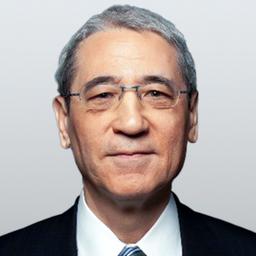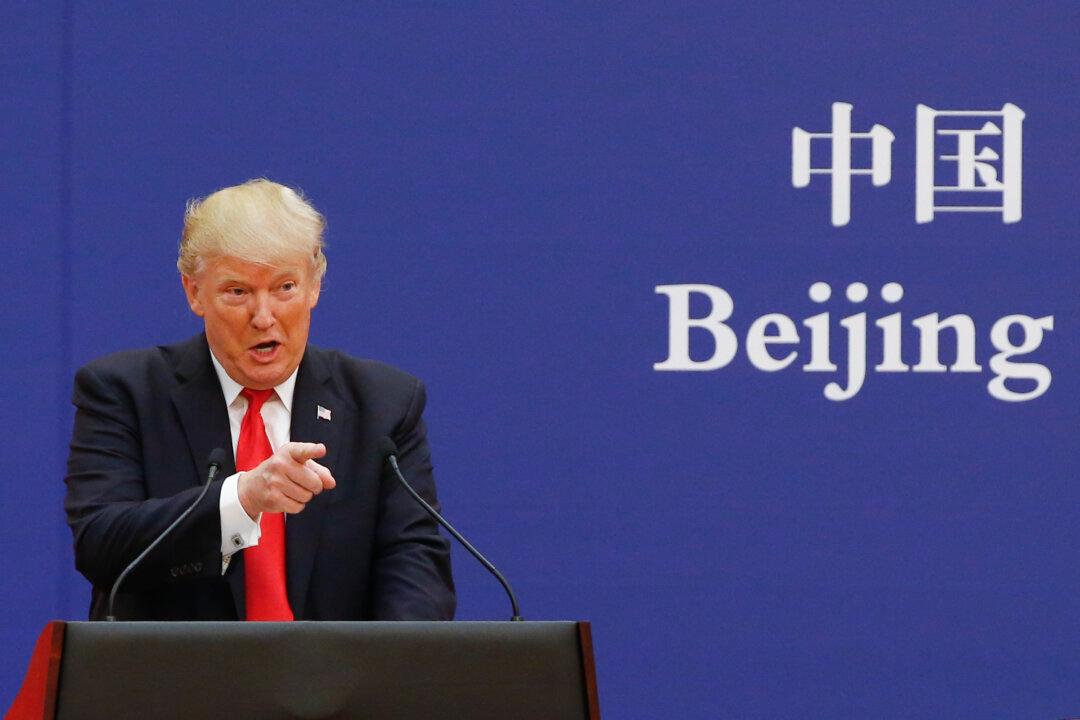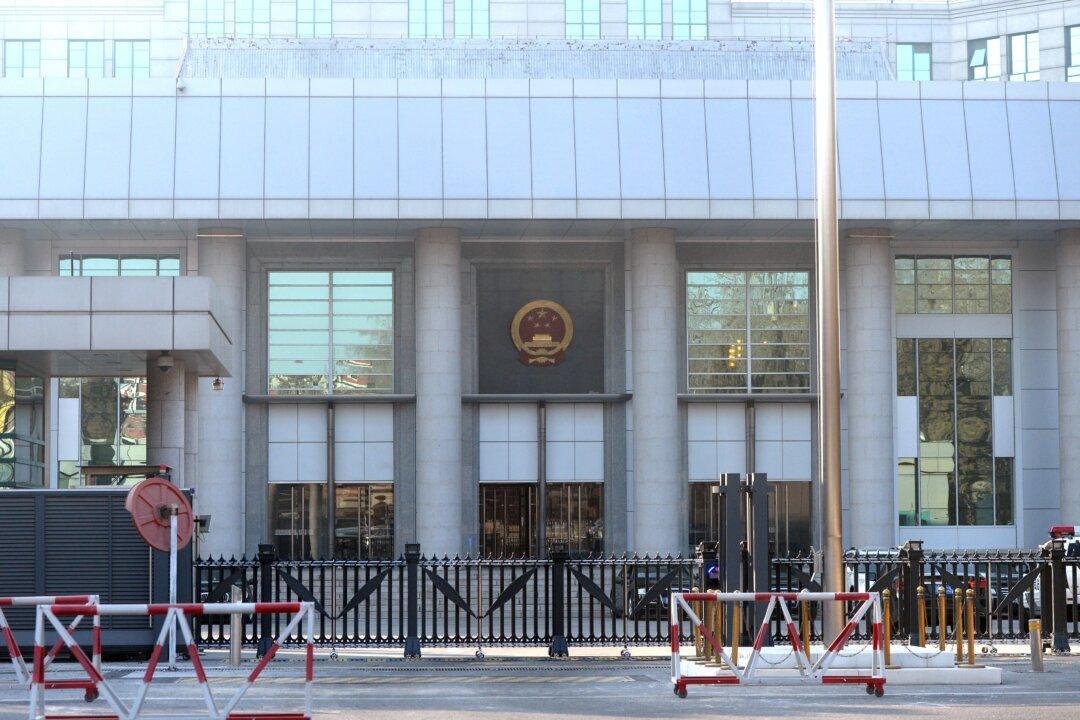Once again, China’s regime went out of its way to insult Biden administration diplomats.
The mauling this time took place in the Chinese city of Tianjin, on July 26. Deputy Secretary of State Wendy Sherman, the most senior Biden administration official to visit China, was the victim.
Beijing used the meeting with Sherman, as it used the now-infamous March meeting in Anchorage, Alaska, not to work with the United States but to launch a propaganda campaign against Washington.
Vice Foreign Minister Xie Feng, for instance, publicly accused the United States of trying to end the Chinese regime.
Xie even went so far as to hand Sherman two lists, containing what were portrayed as Beijing’s demands.
Xie didn’t let up after Sherman departed Chinese soil. Days later, he was issuing additional hostile comments, including one posted on the website of China’s embassy in the United States.

It was no accident that Xie was chosen for the task of taking on Sherman. Beijing had first offered the American diplomat—then about to embark on a trip to Japan, South Korea, and Mongolia—a meeting with him, the No. 5 in the foreign ministry. State scrubbed a stopover in China over the intended slight to Sherman, America’s No. 2 diplomat. The U.S. side agreed to a meeting in China only after Beijing offered a sit-down with Foreign Minister Wang, the regime’s No. 2 diplomat and Sherman’s counterpart.
No, Washington is most certainly not. The generous messages American presidents send to Beijing are obviously counterproductive. That messaging, for instance, has led China’s leaders, who are critically reliant on the United States, to believe they hold the high cards.
President Joe Biden in particular is guilty of needlessly giving the Chinese leverage.
Americans have fed the already inflated egos of their Chinese counterparts by telling them how important they are, and those statements have naturally given Beijing far more power in the relationship than it either has or deserves. For decades, U.S. presidents have not used the tools at their disposal in dealings with Beijing. On the contrary, most of them essentially gave China’s despots a veto on American policy by saying that Chinese cooperation was absolutely essential.
In fact, the Chinese aren’t that essential, and American leaders don’t have to listen to them. Take their economy. Last year, China became even more dependent on exports, and it remains extraordinarily reliant on access to the U.S. market. In 2020, China’s merchandise trade surplus with the United States accounted for a stunning 58 percent of its overall merchandise trade surplus.
China, as a result, is needy, requiring foreign cash to replace what has already been lost—and what will be lost as Xi continues to take apart his tech giants. Biden can use his considerable powers under the International Emergency Economic Powers Act of 1977—or, if he is even bolder, the Trading with Enemy Act of 1917—to halt commerce with China and investment into the Chinese markets, ending once and for all the China threat.
Biden’s attempts to build a working relationship have failed, as the Sherman meeting clearly shows.
The best way to deal with China’s regime is not to deal with it. That’s a far better message to send than the ones Gowdy is concerned about.
There is no sense in strengthening China with American resources, especially when Beijing has shown no interest in dialogue or a constructive relationship with Washington. Xi Jinping no longer wants to accommodate America or compromise with Americans. He prefers to lecture, dictate, demand, and humiliate them.
Wendy Sherman just learned that. China’s diplomats ambushed her. There must be a consequence. It is time to say to Beijing, “No more!”






